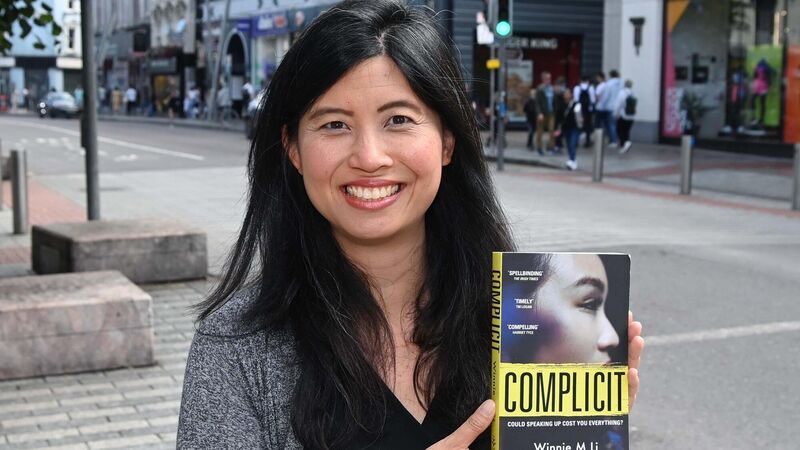Book Interview: Winnie M Li had her own dark materials inform her books - including new novel Complicit

Author Winnie M Li prior to a signing for her new book, Complicit, which took place in Waterstones in Cork. Pic: Denis Minihane.
- Complicit
- Winnie M Li
- Orion, €11.99, Kindle, €4.46







